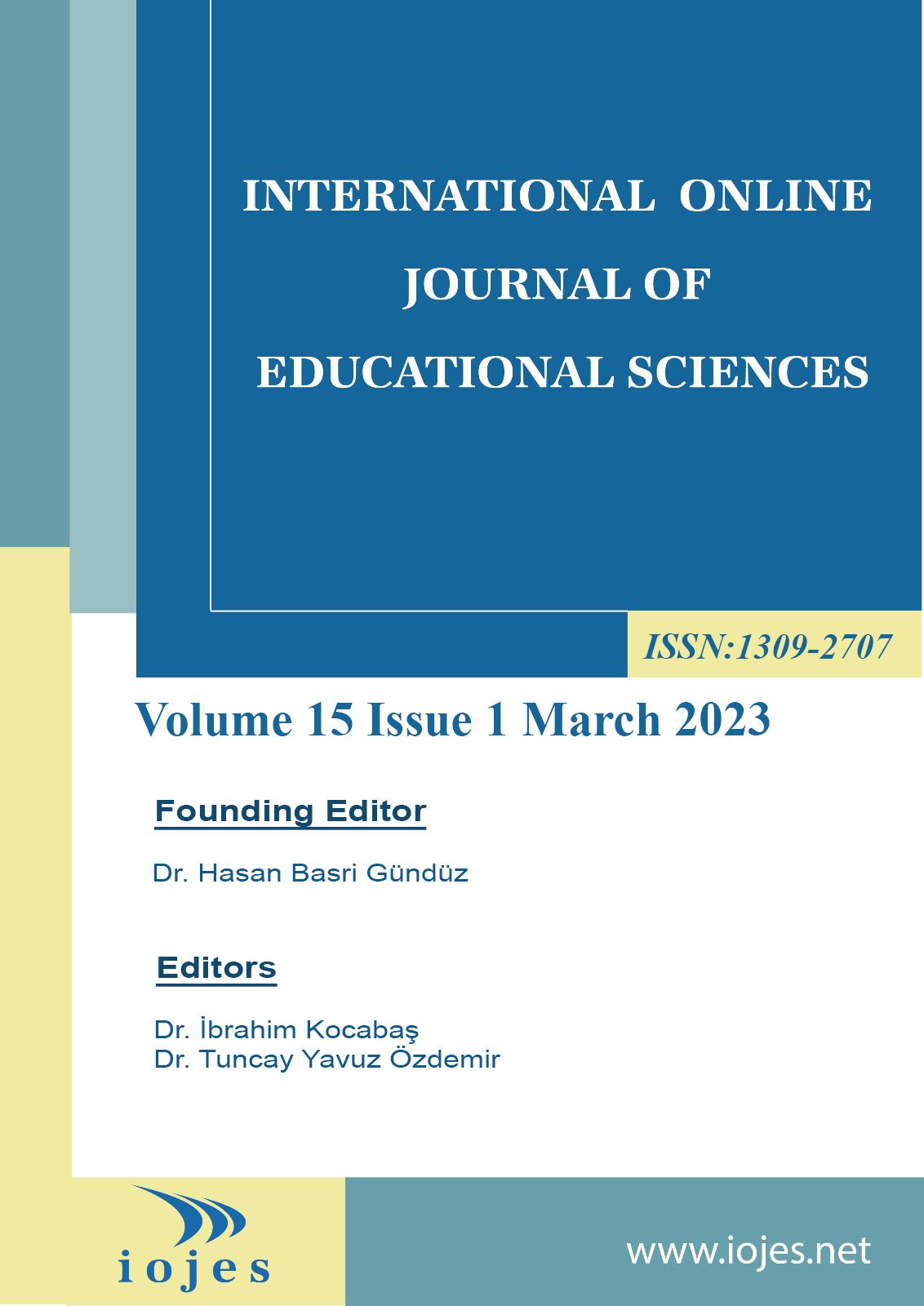Author :
Abstract
Keywords
Abstract
Developing effective science education programs is essential for producing scientifically literate and qualified individuals. Science courses aim to foster a range of skills, including scientific process skills, life skills, engineering and design skills, and innovative thinking skills. One of these skills, innovative thinking, involves using knowledge and skills to create new products or enhance existing ones. Although there is a wealth of literature on innovative thinking skills, there is a lack of research on the challenges faced by science teachers in developing these skills in students. To fill this gap, this study aimed to explore the perspectives of science teachers on developing innovative thinking skills among secondary school students. The study used a phenomenological research design and involved 20 science teachers from 10 different secondary schools in Siirt, Türkiye. Criterion sampling, a purposive sampling method, was used in sample selection. Data were collected through semi-structured interviews, which were conducted in focus group interviews and lasted an average of 35 minutes. The interviews were analyzed using content analysis. The findings revealed that there are significant obstacles to cultivating innovative thinking skills among students. The most significant challenges were inadequate physical conditions, large class sizes, and parental attitudes and behaviors. These factors led to a challenging learning environment for students, making it difficult for them to develop the skills necessary for innovative thinking. For example, inadequate physical conditions, such as a lack of appropriate facilities or equipment, may hinder students’ ability to engage in hands-on learning activities. Large class sizes may limit the amount of individual attention that each student receives, making it challenging for teachers to provide personalized guidance to students. Negative parental attitudes and behaviors towards science education may discourage students from pursuing science-related careers. The findings suggested that addressing these challenges is crucial for promoting scientific literacy and preparing students for the demands of the modern workforce. By understanding the obstacles that hinder the development of innovative thinking skills, policymakers, educators, and parents can work together to create a more conducive learning environment for students.





